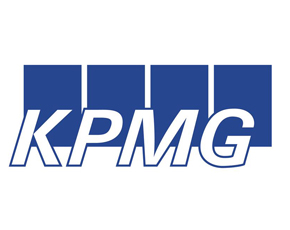A comprehensive annual survey of £14bn worth of UK IT services contacts has revealed a continued appetite to outsource, new reasons for doing so and different ways of doing it.
In its sixth year, KPMG's annual UK IT Service Provider Performance Study – which was previously completed by EquaTerra before KPMG acquired it – analysed 630 UK IT outsourcing contracts worth £14bn.

A total of 230 businesses, with a total IT budget of £30bn, were interviewed.
Key findings from this year's study included the fact that 76% of organisations will continue to outsource IT at the same level or increase it. But only 19% said they will outsource more, compared with 25% in the study last year.
Savings is still cited as a key factor for 76% of respondents, but access to skills and financial flexibility are also becoming more important influences on decision making.
It also revealed more sophisticated service delivery models and the effective use of onshore, nearshore, offshore and in-house options.
The survey is dominated by financial services firms, which account for 30% of the companies interviewed. This year's analysis revealed that these organisations are the most likely to outsource IT, with 58% of them likely to outsource more over the next year, compared with 44% of all companies surveyed.
The survey revealed that, despite 90% of public sector organisations outsourcing IT, only 29% have it provided from offshore or nearshore locations. This compares with 66% of organisations across all sectors.
This year's study also analyses trends in particular technology outsourcing, such as application development and management, infrastructure management and network services.
Lee Ayling, head of KPMG's technology shared services and outsourcing advisory, says technology is increasingly driving UK businesses and outsourcing is central to this.
He says the suppliers of outsourced IT services must react to new demands from customers such as multi-sourced contracts and new delivery options.
"Outsourcing looks set to remain a large part of IT spend in the UK, but suppliers should not take it for granted that clients will remain willing to put their hands in their pockets."





